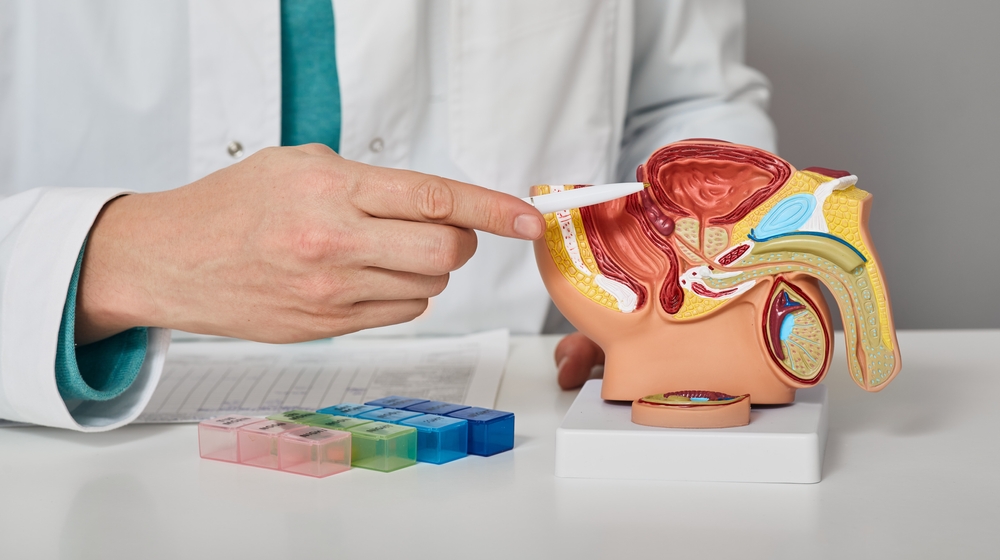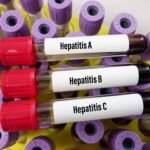On January 23, 2024, my life took an unexpected turn when I was diagnosed with prostate cancer. Navigating the journey from diagnosis to treatment has been challenging, but it has also transformed me into an advocate for prostate cancer awareness and support.
Diagnosis
The journey began with a routine health check-up that revealed an elevated PSA value. A transrectal ultrasound performed on January 23, 2024, showed a prostate gland volume of 20.74 mL. While no peripheral zone nodule was found, a 6 mm central zone nodule on the left side raised concerns, leading my doctor, Daniel Palomino, M.D., to recommend a urologic consultation for a possible biopsy.
Initial Reactions and Support System
Receiving the news was overwhelming. As a single man who had quit smoking over a decade ago and enjoyed a relatively healthy lifestyle, I was stunned. My immediate emotional response ranged from fear to determination. Support from family, friends, and my healthcare team was crucial during these early stages. Their encouragement helped me stay strong and focused on the next steps.
Exploring Treatment Options
After consulting with my urologist, Mark A. Monsour, M.D., I underwent a prostate biopsy on March 19, 2024. The results were sobering: all 12 biopsies were positive for Gleason 3+4=7 disease, indicating a high-risk prostate cancer with a PSA of 150 ng/mL. A PSMA PET/CT scan confirmed PSMA avid disease in my prostate, pelvic, and abdominal lymph nodes. Understanding my condition was critical in making informed decisions about treatment. Dr. Monsour discussed various options, emphasizing the importance of androgen deprivation therapy (ADT) combined with abiraterone and prednisone, and potentially radiation therapy. The comprehensive explanation of potential side effects and long-term impacts helped me prepare mentally and physically for what lay ahead.
Treatment Journey
I started ADT along with abiraterone and prednisone in April 2024. The treatment plan included radiation therapy, scheduled to target all gross disease over an eight-week period. Managing the side effects of ADT, such as hot flashes and potential bone density loss, required lifestyle adjustments and additional medication like calcium and vitamin D supplements. Regular follow-ups with my oncologist and the prostate cancer nurse navigator, Tracy Trout, provided ongoing support and education. They helped me understand the importance of monitoring my health and maintaining a balanced diet and exercise regimen to mitigate side effects.
Remarkable Progress
On May 30, 2024, a follow-up PSA test showed a dramatic decrease in my PSA levels to 7 ng/mL, a 95.33% decrease from the initial value. This significant improvement within just 30 days of starting ADT therapy can be attributed to a combination of factors, including medication, lifestyle changes, and comprehensive care.
The Role of Diet, Exercise, and Sleep
Maintaining a healthy diet, engaging in regular exercise, and ensuring adequate sleep have all played crucial roles in my treatment success. Here are some educated facts on how these factors contribute to better health outcomes:
- Diet – A balanced diet rich in vegetables, fruits, lean proteins, and whole grains can help support overall health and potentially reduce cancer progression. Foods rich in antioxidants and anti-inflammatory properties, such as berries, nuts, and green leafy vegetables, may aid in improving prostate health.
- Exercise – Regular physical activity helps maintain a healthy weight, improves cardiovascular health, and boosts the immune system. Exercise can also reduce fatigue and improve mental well-being, which are essential during cancer treatment.
- Sleep – Quality sleep is vital for the body’s repair and recovery processes. Adequate rest helps reduce stress levels, enhances cognitive function, and supports the immune system. Good sleep hygiene practices, such as maintaining a regular sleep schedule and creating a restful environment, are important for overall health.
Recovery and Reflection
As I progressed through treatment, my physical health slowly began to stabilize. By June 2024, despite experiencing hot flashes, my overall condition had improved significantly. Frequent consultations and consistent medical oversight were crucial in managing my symptoms and ensuring a steady recovery. Reflecting on my journey, I realized the importance of early detection and the critical role of patient education and support. The guidance from my healthcare team and the resources provided by prostate cancer support groups made a significant difference in my ability to cope with the disease.
Advocacy and Moving Forward
My experience has ignited a passion for advocacy. I aim to raise awareness about prostate cancer, emphasizing the importance of regular screenings and early detection. Sharing my story is a way to offer hope and encouragement to others facing similar challenges. I also plan to participate in community outreach programs, offering support and information to newly diagnosed patients. By advocating for better healthcare resources and patient education, I hope to make a positive impact on the lives of those affected by prostate cancer.
Conclusion
Navigating prostate cancer has been a transformative journey. From the initial shock of diagnosis to the rigorous treatment and gradual recovery, each step has strengthened my resolve to advocate for awareness and support. I am grateful for the unwavering support of my healthcare team and loved ones, and I am committed to helping others through their own journeys with prostate cancer.
Thank you for taking the time to read my story. If you or someone you know is facing prostate cancer, know that you are not alone, and there is hope and help available.
Editor’s Note: Get Involved
Cancer doesn’t discriminate. WHATNEXT and its partners are interested in amplifying the voices of those from all identities and backgrounds. If you have a cancer journey to share, reach out here to learn more about how your voice can help spread awareness and inspire individuals from all walks of life.
community spotlight patient stories prostate cancer
Last modified: July 24, 2024











